A new blockchain-based currency called SEEDS, built by the decentralised app creator Hypha and co-owned by all who contribute, aims to reward and finance people and organisations “committed to creating a healthier and more equitable planet”, and “nurture a globally regenerative culture”.
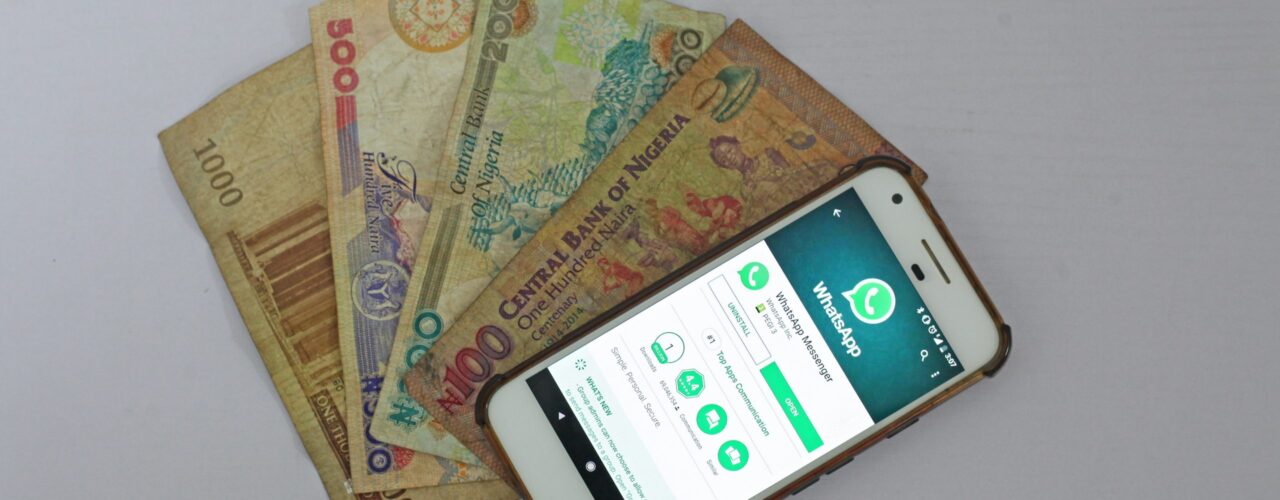
SEEDS – set to go ‘live’ at the start of 2021 – is designed to be a stable currency: as the economy grows, new ‘Seeds’ (the currency unit) are created in the same way that central banks print more money. This means that rising demand does not cause the price of each Seed to increase. When new seeds are created, the transparent operating platform then offers the ‘citizens’ (contributors, co-owners) of the currency the opportunity to vote on how to spend it, from community-generated options such as giving grants to regenerative projects or purchasing collective assets.
So what?
Wealth inequality is a major driver of civil unrest. Current financial systems reward those with money: individuals who accrue large reserves benefit from more opportunities to invest. Profitable investment opportunities – from property to fossils to arms – run counter to social and environmental needs. Financial globalisation, and in particular foreign direct investment (where a firm in one country owns a company operating in another), benefits the wealthiest [IMF/Oxfam].
This distributed currency aims to redress the balance by replacing individual wealth accrual with collective investments, and global growth with local, through provisos to ensure regenerative impact. For instance, communities (which are organised in ‘bioregions’ to connect people to the land regardless of state or national borders) can make collective purchases or give grants to causes they care about; it is stipulated that 25% of their budget must go to regenerating and healing their local region.
Impact will depend on uptake. What does it take for new, ethical currencies to establish credibility? What else needs to happen to support new financial systems to reach a tipping point, transforming how we think about value creation and what it means to be wealthy.

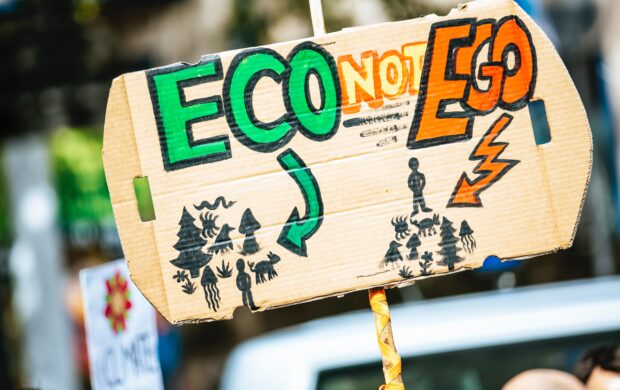
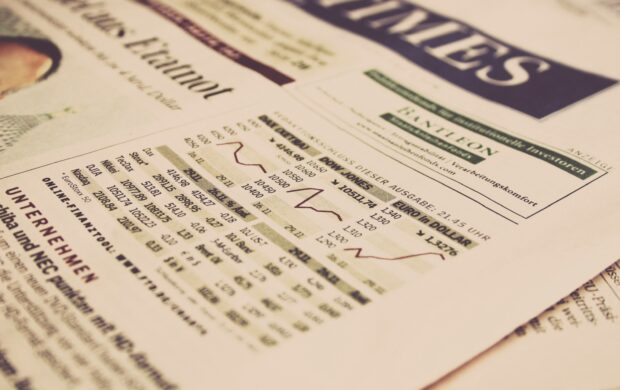
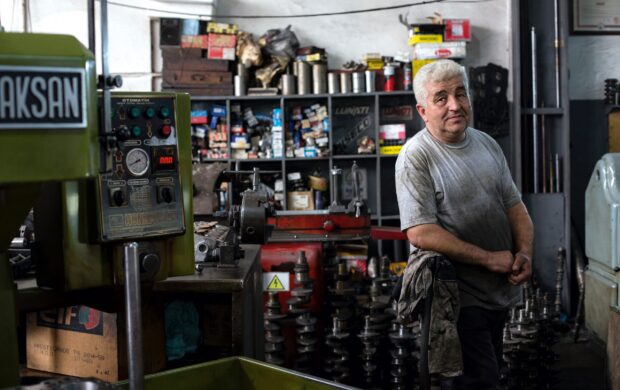
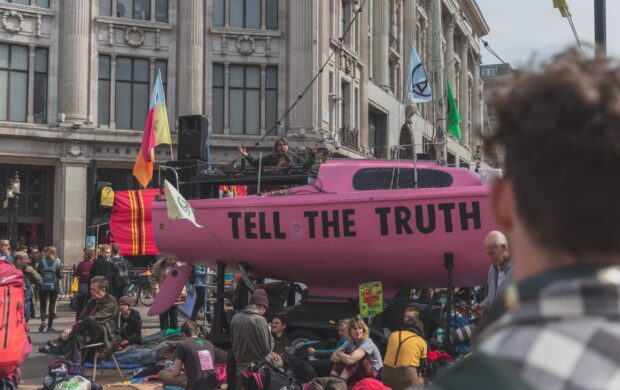
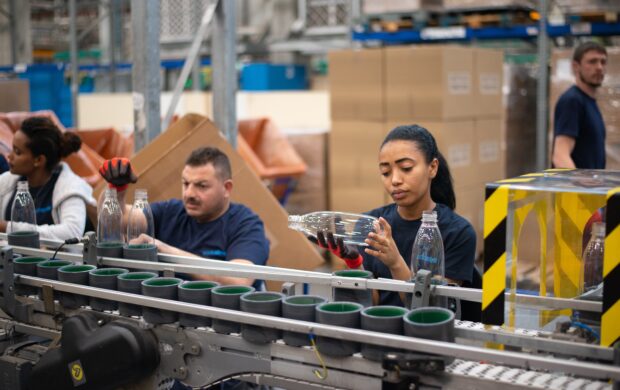

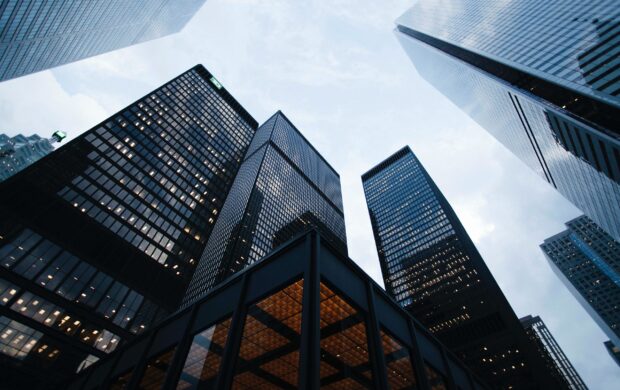
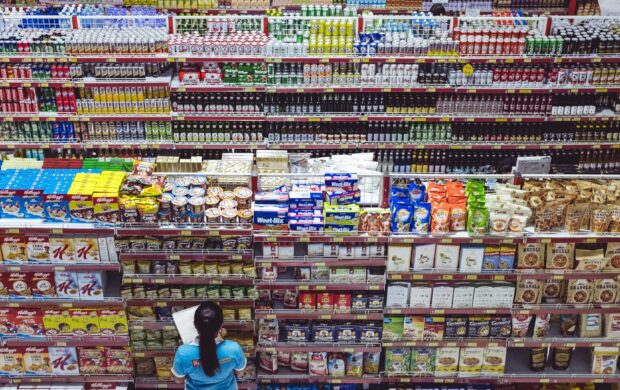
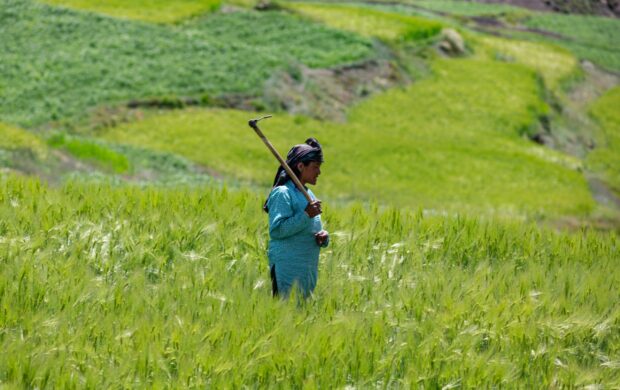

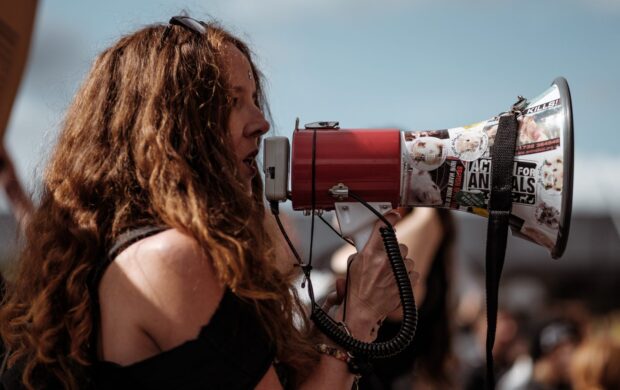
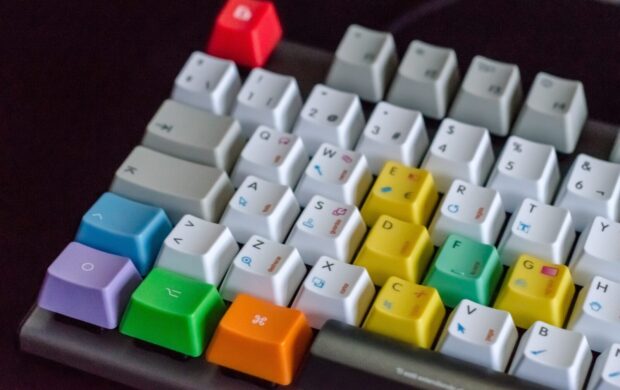

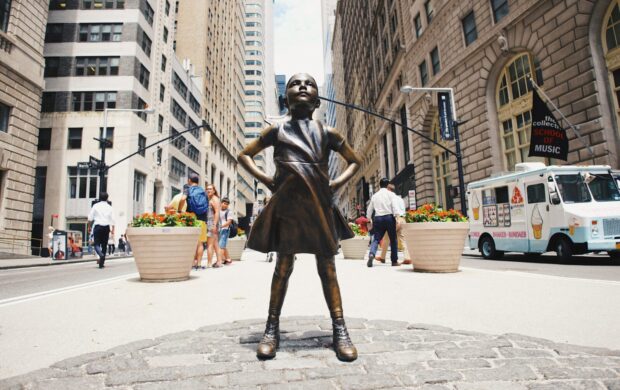
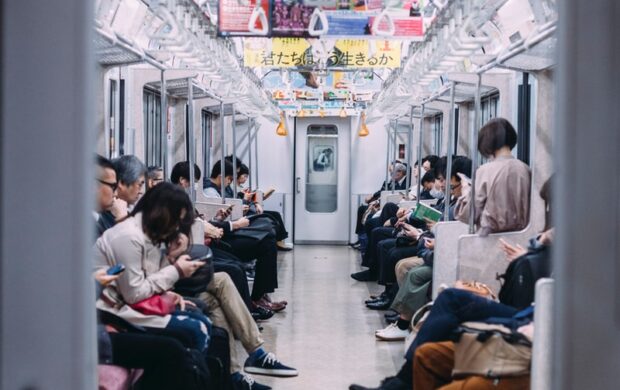


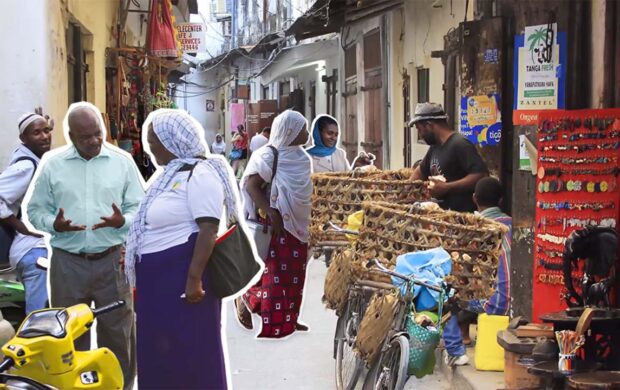


Join discussion